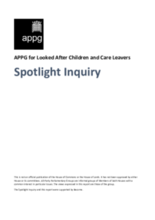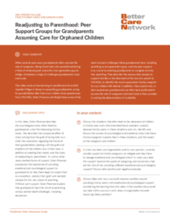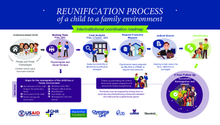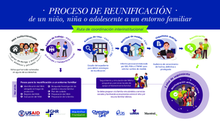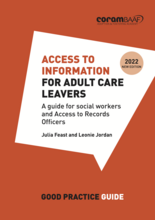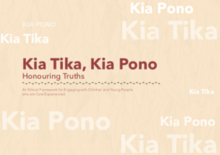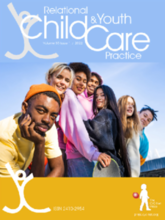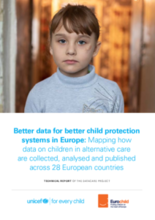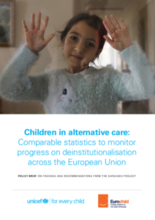Displaying 91 - 100 of 953
BICON 2021 was an opportunity for government and intergovernmental representatives, civil society organisations, practitioners, academics and most importantly care experienced young people to come together and discuss the most pressing issues regarding children’s care in Asia. With a focus on implementation, practitioners shared examples of innovation, highlighted promising practices, and showcased local solutions to challenges faced by countries across Asia. The Report is filled with challenges, recommendations, session summaries, speaker bios and more.
This APPG report puts a spotlight on what ‘community’ means to care-experienced people and explores what might be done to help strengthen important community relationships and connections for current and future generations of children in care. The report contains 15 practical recommendations for changes that could be made in the near future to improve the ways in which the care system supports young people to connect with their communities and highlights 5 broader areas where the authors feel serious reform is required that the Department for Education (and others) should consider in greater detail.
This video summary accompanies the Readjusting to Parenthood: Peer Support Groups for Grandparents Assuming Care for Orphaned Children (Upendo Village, Kenya) practitioner learning video which is part of the Kenya Practitioner Learning Video Series.
This graphic is intended for use by professionals working within government agencies and non-governmental organizations in Guatemala engaged in different aspects of the protection and care system but specifically in support of reunification. It details specific roles and responsibilities of those engaged in this process in Guatemala and how they should coordinate.
Este gráfico está destinado a los profesionales que trabajan en los organismos gubernamentales y las organizaciones no gubernamentales que participan en diferentes aspectos del sistema de protección y atención, pero específicamente en el apoyo a la reunificación, y detalla las funciones y responsabilidades específicas de quienes participan en este proceso en Guatemala y cómo deben coordinarse.
This good practice guide published by Coram BAAF is for Access to Records Officers (AROs) and social workers in the UK who are providing access to records and related services for adult care leavers and aims to set out a protocol for dealing with Subject Access Requests (SARs) in order to improve services for adult care leavers and establish greater consistency and quality practice across organisations.
This is an ethical framework to guide engagement with tamariki (children) and rangatahi (young people) who are care experienced (that is, who currently or at some stage in their lives have been in foster or residential care).
This article looks at the role of the State of India in ensuring the wellbeing of those it has the responsibility to protect. These include people who have suffered violence, indignity, hunger and life-threatening circumstances. The five-year planning of state and district plans have utilised more resources than it has produced outcomes and output. In this article the authors have compiled lessons learned from strategies that can enable duty holders to emerge as more responsible actors during the COVID-19 pandemic.
This report was conceptualised jointly by Eurochild and the UNICEF Europe and Central Asia Regional Office (ECARO) and builds on the Eurochild report on alternative care in Europe published in 2009. It also includes a full set of country profiles.
This policy brief summarises the policy context, as well as the key findings and recommendations from the analysis of the national responses to the DataCare survey across Europe. More detailed information can be found in the full research report: Better Data for Better Child Protection Systems in Europe: Mapping how data on children in alternative care are collected, analysed, and published across 28 European countries, which includes a full set of country profiles.

